Un scurt eseu despre citit și despre cum actul de a citi se îmbină, într-un mod intim, cu viața noastră. Reading is my super-power, iar Siri Hustvedt e, ca de obicei, genială.
Reading is perception as translation.
Literacy, like all learned activities, appears to alter our brain organization. Studies have shown that literate people process phonemes differently from illiterate people. Their knowledge of an alphabet seems to strengthen their ability to understand speech as a series of discrete segments.
The text is both outside and inside me.
Reading is intersubjective – the writer is absent, but his words become part of my inner dialogue.
Novels often take pictorial form in my recollection: I see Emma Bovary running down a grassy hill on her way to the chemist’s shop, her cheeks flushed, her hair loosened by the wind. The grass, the cheeks, the hair, the wind are not in the text. I provided them.
Memories aren’t photographs or documentary films. They shift over time, are creatively and actively perceived, and this applies to the books we remember as well. They dim in time and may mutate. Others seem to imprint themselves deeply. Books, of course, are made only of words, but they may be recalled in image, feelings, or in other words.
But no reading experience, even of an identical text, is the same. I discovered ironies in Middlemarch I had not fully appreciated before, no doubt the product of my advancing age, which has been paralleled by the internal accumulation of more and more books that have altered my thoughts and created a broader context for my reading. The text is the same, but I am not. And this is crucial. Books are either unleashed or occluded by the reader. We bring our life stories our prejudices, our grudges, our expectations, and our limitations with us to books.
Openness to a book is vital, and openness is simply a willingness to be changed by what we read.
Great books, it seems to me, are distinguished by an urgency in the telling, a need that one can feel viscerally. Reading is not a purely cognitive act of deciphering signs: it is taking a dance of meanings that has resonance for beyond the merely intellectual.
My intimacy is a product of my reading experiences. Every time I remember Crime and Punishment, I relive my feelings of pity, horror, despair, and redemption. The novel is alive in me.
I know that when I write the books I have read are implicated in what I am composing.
Books are made between the words and spaces left by the writer on the page and the reader who reinvents them through her own embodied reality, for better and for worse. The more I read, the more I change. The more varied my reading, the more able I am to perceive the world from myriad perspectives. I am inhabited by the voices of others, many of them long dead. The dead speak, and they speak in shouts and whispers and in the music of their poetry and prose. Reading is creative listening that alters the reader. Books are remembered consciously in pictures and words, but they are also present in the strange, shifting rooms of our unconsciousness. Others, which for some reason have no power to rearrange our lives, are often forgotten entirely. The ones that stay with us, however, become us, part of the mysterious workings of the human mind that translates little symbols on a page into a lived reality.
Siri Hustvedt, On reading, în Living, Thinking, Looking: Essays, Ed. Picador, New York, 2012



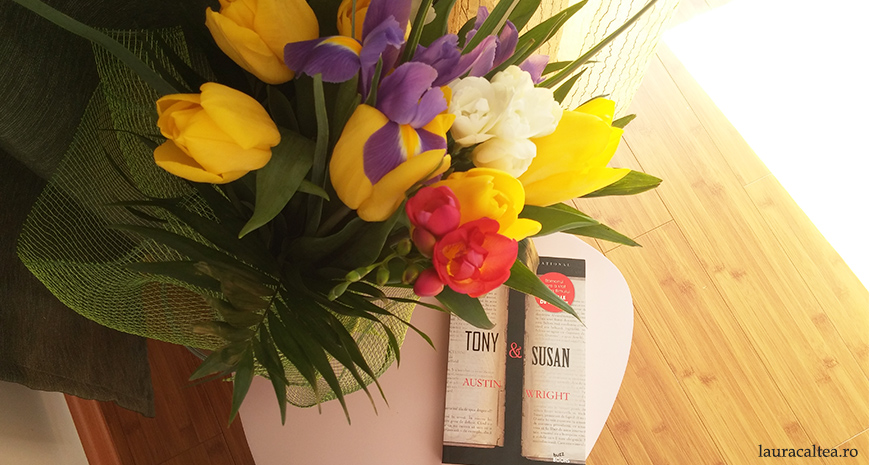
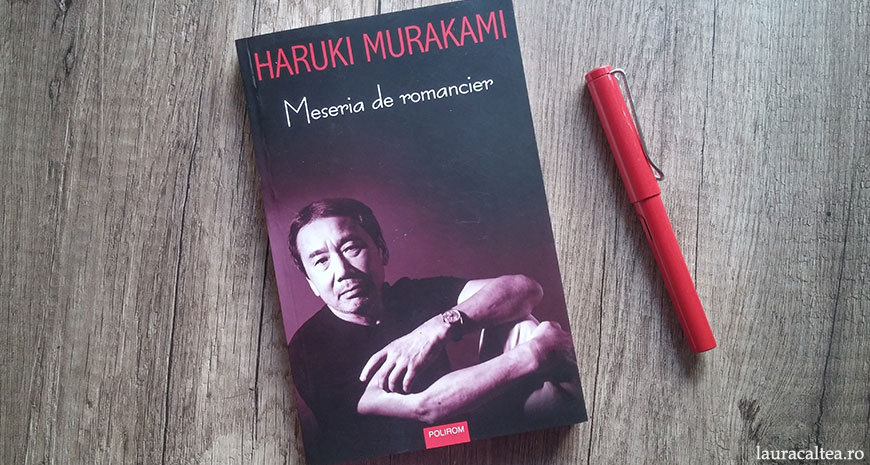
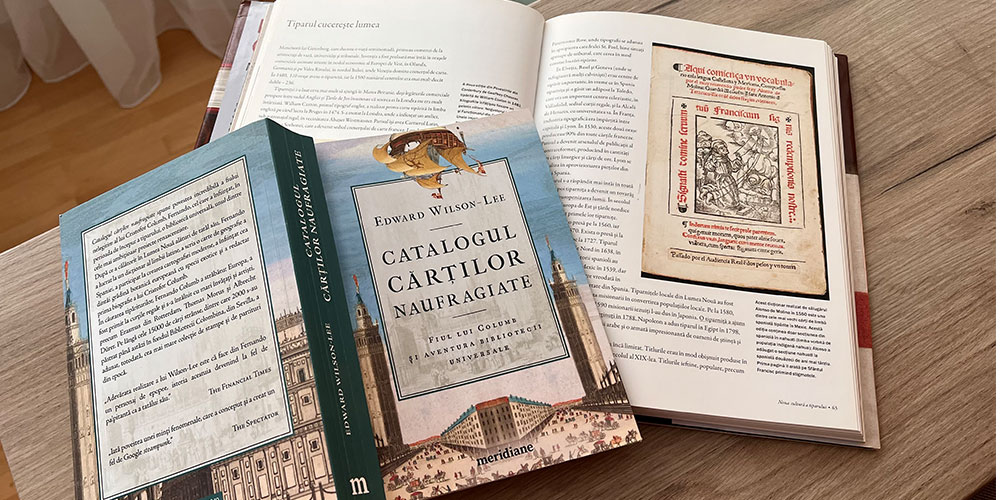
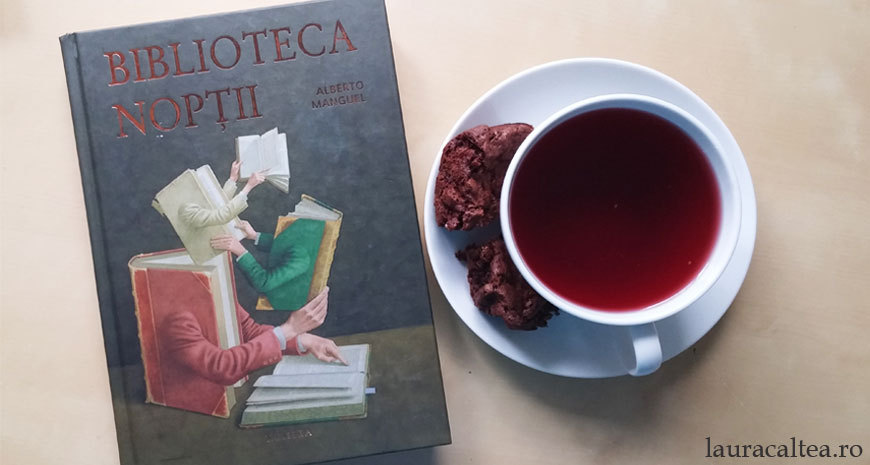
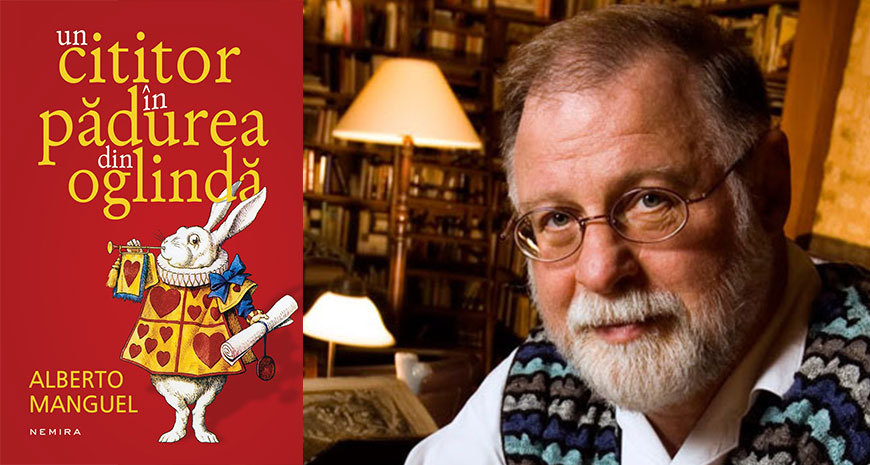
Scrie un comentariu